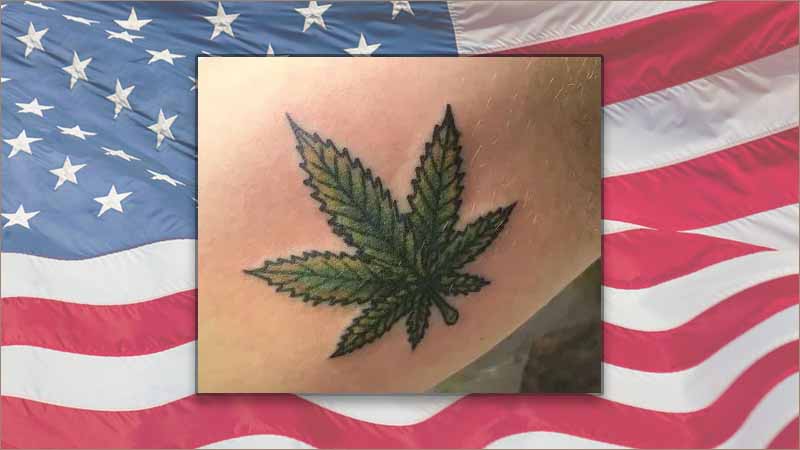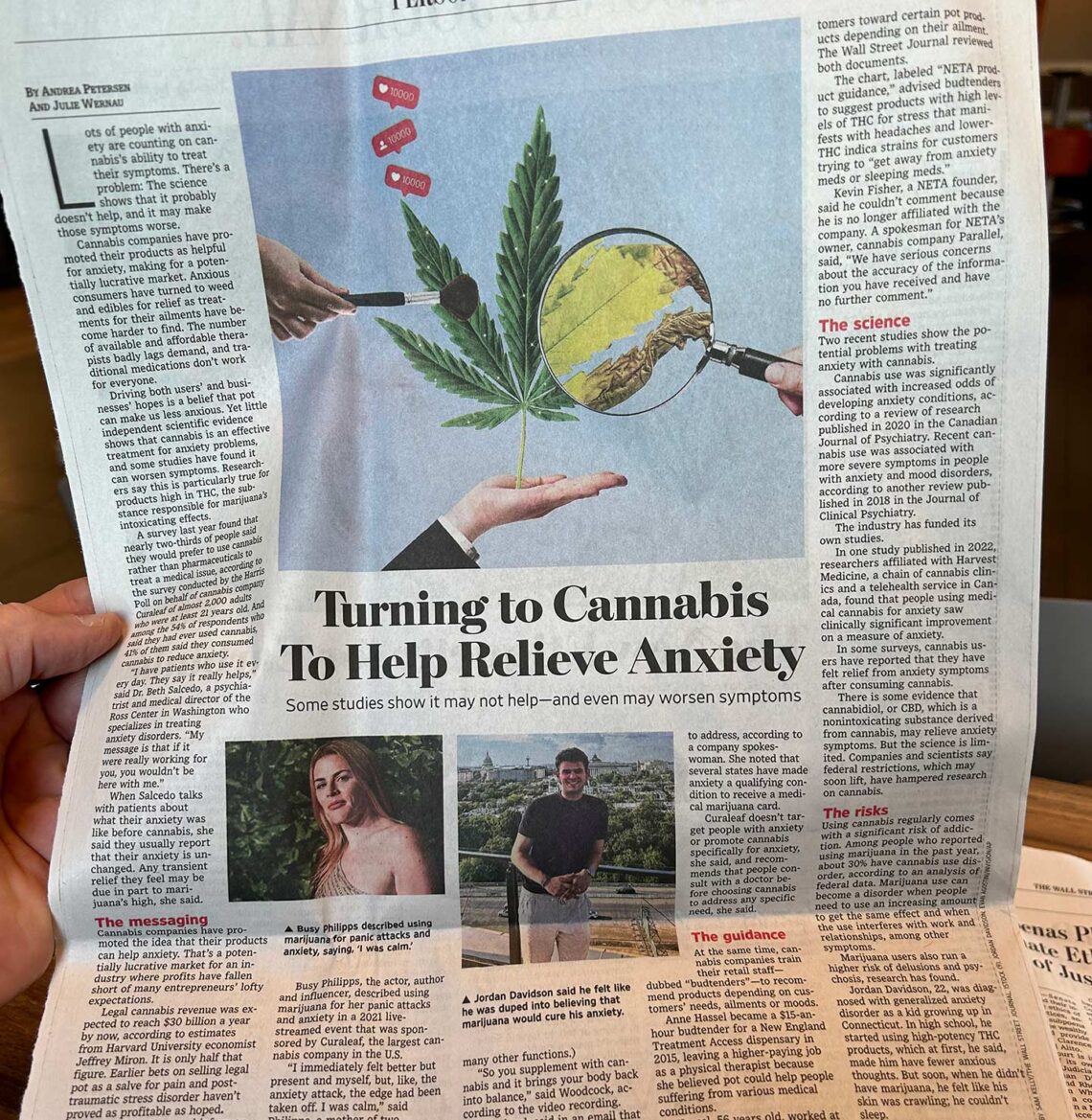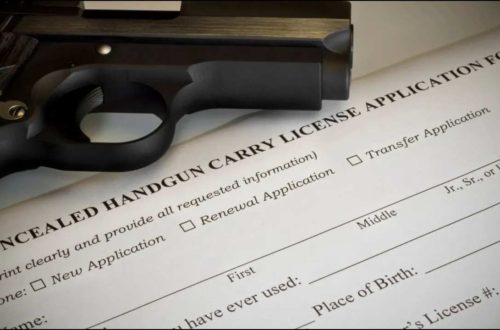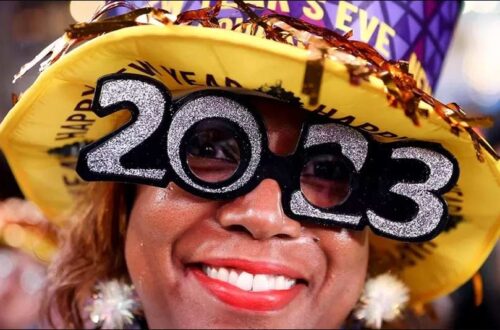Or, “Turning to Cannabis to Help Relieve Anxiety“
I read this article the other day and it highlighted an aspect of American life I have always disliked. I find it hard to believe that my fellow Americans swallow this kind of nonsense advertising:
“Do you feel anxious in your life? Is it hard to fall asleep at night? Do you lie there worrying about your finances and your job? Do you fret about an uncertain future? Are you uncomfortable in your own skin? Here is the solution: Cannabis!”
Really? The answer to confronting the stresses of modern life is to drug yourself? To ingest delta-9-tetrahydrocannabinol (THC) and gain a temporary “check out” from the hardness of the world? Or to drink three beers and escape from the difficulties of day-to-day existence? Anxiety? Depression? Insomnia? A person struggles. The solution is marijuana?
Sure, you might feel “better” under the influence of the THC for awhile, but when you come down from your high your difficulties will still be there. And you will feel worse than ever. And so you will want to “escape” again. You grab the bong, or you grab a beer. You want to escape; you do escape. But it is only temporary. Being under the influence of some drug becomes the ideal, as living in the sober world increasingly is uncomfortable; and so a person seeks to live more in the former world, less in the latter. What could go wrong? This dynamic is unchanged from the time of the Lotus Eaters during the travels of Odysseus.
I get that escaping from one’s difficulties to live in a chemically-altered world would come to appear preferable to living in a sober one. It is easier. Just take a pill, drink some drug, inject it into your arm, or smoke it up. I will admit that a drug, if taken very occasionally, might prove an anodyne. That might help. But you are playing with fire.
And it doesn’t really help, not really. The only way to deal with the difficult complicated problems the world presents is to put in solid long-term work towards improving your life. What might work better than ingesting THC? Patience, endurance, effort. Being smart and showing good judgment. That would all help. You have to learn to make your way in the world and become comfortable in your own skin. But a drug to reduce, and even resolve, anxiety or depression? Be careful, my fellow Americans.
If you think some drug company (or drug dealer) selling you a chemical fix to your personal problems is the smart move, you might want to think again. Life is just not that simple. The cure to the challenges and difficulties life brings is not to be found in a pill, a bottle, a syringe, or a bong. That so many of my fellow Americans have fallen for this scam is remarkable to me. The idea of THC in cannabis being the new miracle cure to take away the sting of adult life is the latest snake oil being bandied in the marketplace. Now that marijuana is legal in most places, it is the latest marketing scam. Especially among younger people, cannabis is in style. It is also, in my opinion, another sign of the decline of our society. The military says most young Americans are ineligible to serve because they are too obese or have criminal records — or they suffer from drug problems and/or poor mental health. But cannabis is “legal.” Indulge! This is the sad reality of the country now. The United States comes to resemble “ganga nation,” especially among the young:

— here is the problem with cannabis, in my opinion. While that drug will not take you down quick and hard like fentanyl or crystal methamphetamine will, it can still take you down. You get these people who are almost habitually under the influence of THC and there are millions of them. Not only do they smoke marijuana daily, but they smoke a couple of times daily — and they don’t see anything wrong with that. “It’s just pot,” they say. “No big deal.” They continue: “I Just smoke a bit before bed. Or when I feel anxious.” It boggles my mind. If you are drinking alcohol or smoking pot or whatever every single day, you have a drug problem. Period. These people are kidding themselves. Cannabis is a more subtle and insidious drug compared to others. But it is still a drug. And a powerful one, at that. The cannabis cultivated by scientists in labs and sold in dispensaries today is very much more powerful than the hippy Woodstock cannabis of yesterday. What could go wrong?
This is an ancient problem. It is also a very human one. Drug addiction, alcoholism. Escapism, chasing the high. How common. How damaging. How depressing.
But at least don’t try to dress it up and claim marijuana is “healthy.” And more generally, don’t offer simplistic solutions to complicated problems. Don’t present the illusion of fixing anxiety or depression by ingesting a mind-altering chemical. Life just aint’ that easy. Anything worth doing should be difficult, and this quick and painless solution you can buy for $19.99 is just so much malarkey. Driving to your local marijuana dispensary and purchasing THC gummies is not a move forward in your life, no matter what you might think. Somewhere deep down you know this to be true. Remember the oxycodone gold rush of two decades ago? The Sacker family down at Purdue Pharmaceuticals claiming that opioids could be used for pain indefinitely without risk of addiction? How much damage did THAT business model do? These drug dealers trying to make a buck off you are NOT in your corner.
Stupid Americans. You know this to be true. Why do you fall for the marketing? Do you want to be fooled into doing what you want to do – getting high like you want to get high? – and so fall for any tale rationalizing it? What could go wrong? Where is your common sense? Are you like 15-years old?
Caveat emptor, America.
Obese. Anxious. Depressed. Criminal record. Cannabis. Fentanyl.
At risk of overdosing, at worst. Failure to thrive, at best.
Jeez.
My poor country.






One Comment
Jay Canini
This George Orwell quote comes to mind:
“Would it not be better if [an unemployed person] spent more money on wholesome things like oranges and wholemeal bread . . . ? Yes, it would, but the point is that no ordinary human being is ever going to do such a thing. The ordinary human being would sooner starve than live on brown bread and raw carrots. And the peculiar evil is this, that the less money you have, the less inclined you feel to spend it on wholesome food. A millionaire may enjoy breakfasting off orange juice and Ryvita biscuits; an unemployed man doesn’t. . . . When you are unemployed, which is to say when you are underfed, harassed, bored, and miserable, you don’t want to eat dull wholesome food. You want something a little bit “tasty.” There is always some cheaply pleasant thing to tempt you.”
Orwell then explains how said “tasty” food messes up poor people’s teeth and health. There are consequences to vices.
This quote then explains why a lot of human beings find it vexing to struggle to take concrete steps to improve one’s life and instead hit the bong/beer/etc. “Humans gonna human” 🙁
Additionally, in situations where one has little money, has little time (time is a huge resource), and where job opportunities are scarce (to the point where desperate people who need to improve their lives have to compete like wolves against other people also desperate to do the same), taking concrete steps feels like riding against an avalanche. It’s easier to stay stuck in a rut, and so people do. While we have very exceptional, industrious, and hardworking individuals, unfortunately many other ordinary people just… are ordinary and get frustrated when they try to make a major change.
In my opinion, the solution is to make it easier for those desperate people to take concrete steps to improve their lives. Employers need to have a pool of opportunities (work that pays enough for a house, retirement benefits, etc) so prospective job holders don’t have to compete so hard for them. Public transportation networks should be reliable and convenient so the pool of potential jobs opens up to more people (and also so people don’t need to pay for car expenses). Jobs need to cap work effort/time so employees have sufficient free time and energy to then study at night school.
As for health, tax vice products (alcohol, tobacco, marijuana, etc) and make healthy options cheaper and easier and more convenient. Some people are going to stop vices if they eat too much of their money.
If we want people to make better choices, leaders of society (corporations, employers, governments, politicians, etc) need to set up incentives so humans are encouraged to make better choices. Currently many incentives (such as, for example, incentive to drive a car and not exercise) sadly do the opposite 🙁